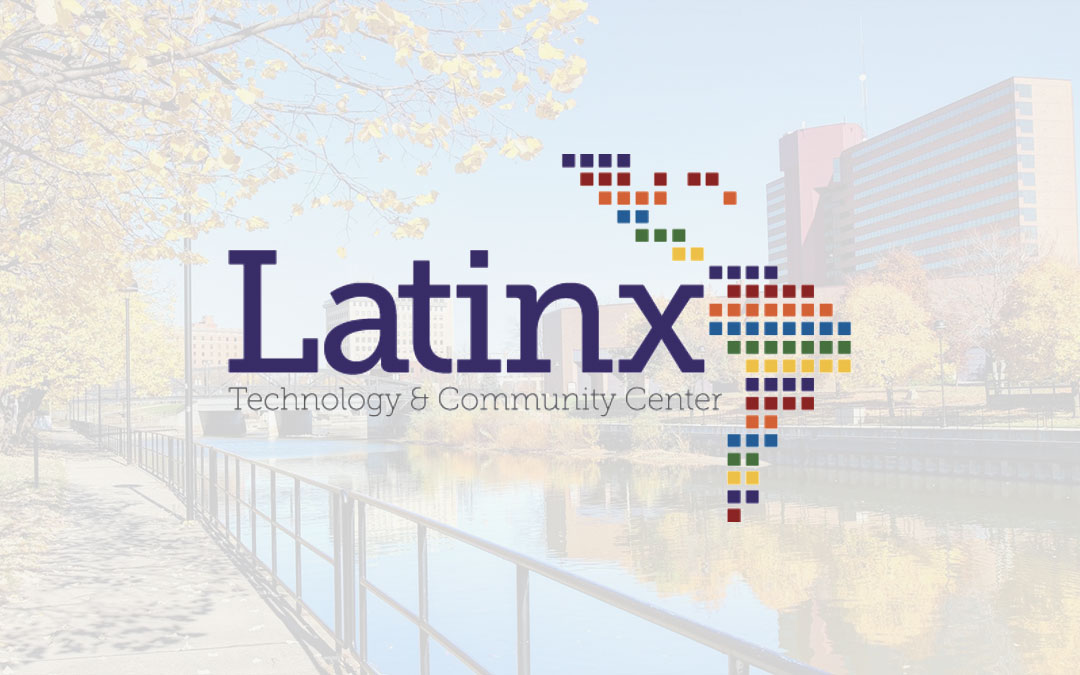Have you ever wondered what a Community Interpreter does?
A Community Interpreter plays a crucial role in breaking down language barriers and facilitating communication in diverse communities, thereby promoting inclusivity, access to services, and social integration. They serve as a linguistic and cultural bridge between individuals who speak different languages. Their primary role is to facilitate communication between members of a community who do not share a common language. Community Interpreters work in various settings such as healthcare facilities, social services agencies, legal proceedings, educational institutions, and community events.
Some key responsibilities of a Community Interpreter could include:
- Interpretation: They accurately convey spoken messages from one language to another, ensuring that meaning, tone, and context are preserved. This can involve simultaneous interpretation (interpreting while someone is speaking), consecutive interpretation (interpreting after someone has finished speaking), or sight translation (reading a document aloud in one language and translating it orally into another).
- Cultural Mediation: Community Interpreters help bridge cultural gaps by explaining cultural nuances, customs, and expectations to both parties. Interpreters not only translate words but also help bridge cultural differences and ensure that cultural norms and sensitivities are respected. This is especially important in sensitive or emotionally charged situations where cultural misunderstandings could escalate tensions or hinder effective communication.
- Maintaining Neutrality and Confidentiality: They remain impartial and unbiased while interpreting, ensuring that they do not influence the conversation’s outcome. Additionally, community interpreters adhere to strict confidentiality standards, safeguarding sensitive information shared during interpreting sessions.
- Advocacy: Community Interpreters may advocate for the linguistic rights of individuals with limited English proficiency, ensuring they have equal access to services and resources.
- Professional Development: They engage in ongoing training and professional development to enhance their language proficiency, interpreting skills, and cultural competence.
Without an interpreter, individuals with limited English proficiency may face barriers in accessing essential services such as healthcare, legal assistance, education, and social support. An interpreter enables them to fully participate in these services and receive the help they need. Language barriers can be frustrating and disempowering for individuals who cannot effectively communicate their needs and preferences. An interpreter helps preserve their dignity and autonomy by allowing them to express themselves and make choices independently.
Overall, having an interpreter when you don’t speak English is essential for ensuring equitable access to services, promoting understanding and respect across linguistic and cultural divides, and upholding individuals’ rights and dignity. At Latinx Technology and Community Center we have experts trained in interpretation and translation services. It is recommended to contact the Language Services Coordination, calling the telephone number 810.715.5050 or writing to the email address info@latinxlfint.org
The protection to the linguistic rights can be guaranteed through services of interpretation in person by specialized personnel, interpretation programs via telephone and/or video, as well as translations of documents.






